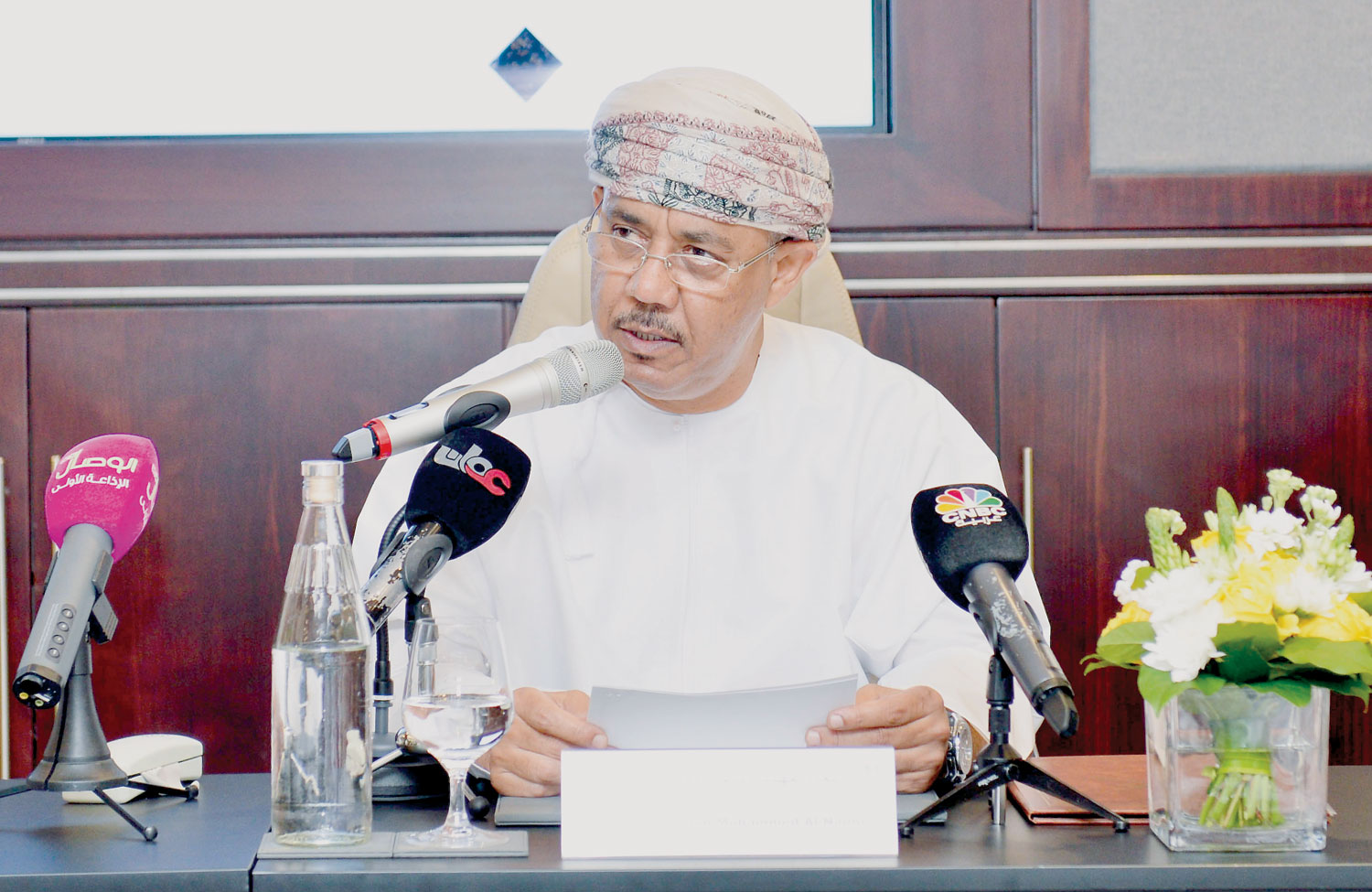

MUSCAT, JULY 2 - A strategy for the implementation of an integrated public transportation system for the Sultanate continues to be rolled out in a phased manner in line with an approved master-plan, according to a high-level official of the Ministry of Transport and Communications.
Eng Salim bin Mohammed al Nuaimi (pictured), Transport Under-Secretary at the Ministry of Transport and Communications, said the strategy has already led to the introduction of nine bus routes by state-owned bus operator Mwasalat within Muscat, with a further 17 routes launched outside of the capital city.
“The ministry continues to deliver on the master-plan for public transportation centring on an integrated multimodal system designed to serve the transportation needs of the general public, while also helping alleviate traffic congestion and mitigating environmental impacts associated with vehicle use in general,” Al Nuaimi said.
Also as part of the public transport system, two licenses have been granted for the operation of public taxi services — one to Ebtikar IT for the operation and management of taxis outside 3, 4 and 5-star hotels, and the other to Mwasalat with a focus on providing services outside malls and Muscat International Airport.
In a Q&A that followed a panel discussion on the upcoming World Congress of the International Road Union (IRU), due to be held in Muscat in November, the official reviewed recent efforts by the ministry in building a modern road network in the Sultanate. A comprehensive and well-maintained road system, he said, was pivotal to the goal of boosting trade and commerce, as well as economic development in general.
Despite the rugged terrain, which renders any road construction work a challenging pursuit, the ministry has ensured that all road projects are designed and executed to internationally approved standards, said the Under-Secretary. “These standards are being constantly updated in step with evolving specs adopted internationally,” he noted.
In all, 17 asphalt road projects were completed during 2017 and the first half of 2018, said Al Nuaimi. Notable is the Batinah Expressway, an 8-lane carriageway extending a total distance of 270 kilometres, he said. Maintenance work covering 1,486km of paved roads was also undertaken in 2017, in addition to around 17,000km of graded roads. Furthermore, the ministry has kicked off construction work on 21 road projects aggregating 788km in length, in various governorates, he said.
Following the promulgation of the Land Transport Law by Royal Decree last year, a Ministerial Decision setting out the executive regulations was issued earlier this year, said the Under-Secretary, pointing out that key provisions of these regulations are currently being implemented.
One such provision calls for the monitoring of trucks carrying loads above approved weight limits — a practice that can potentially damage road surfaces, said Al Nuaimi. Accordingly, the ministry is inviting private service providers to invest in weigh stations along key carriageways aimed at zeroing in on trucks that ply with loads above stipulated limits. A number of weigh stations are proposed to come up at key locations along the Batinah Expressway — a tender for which was floated last month, the official added.
Conrad Prabhu
Oman Observer is now on the WhatsApp channel. Click here



